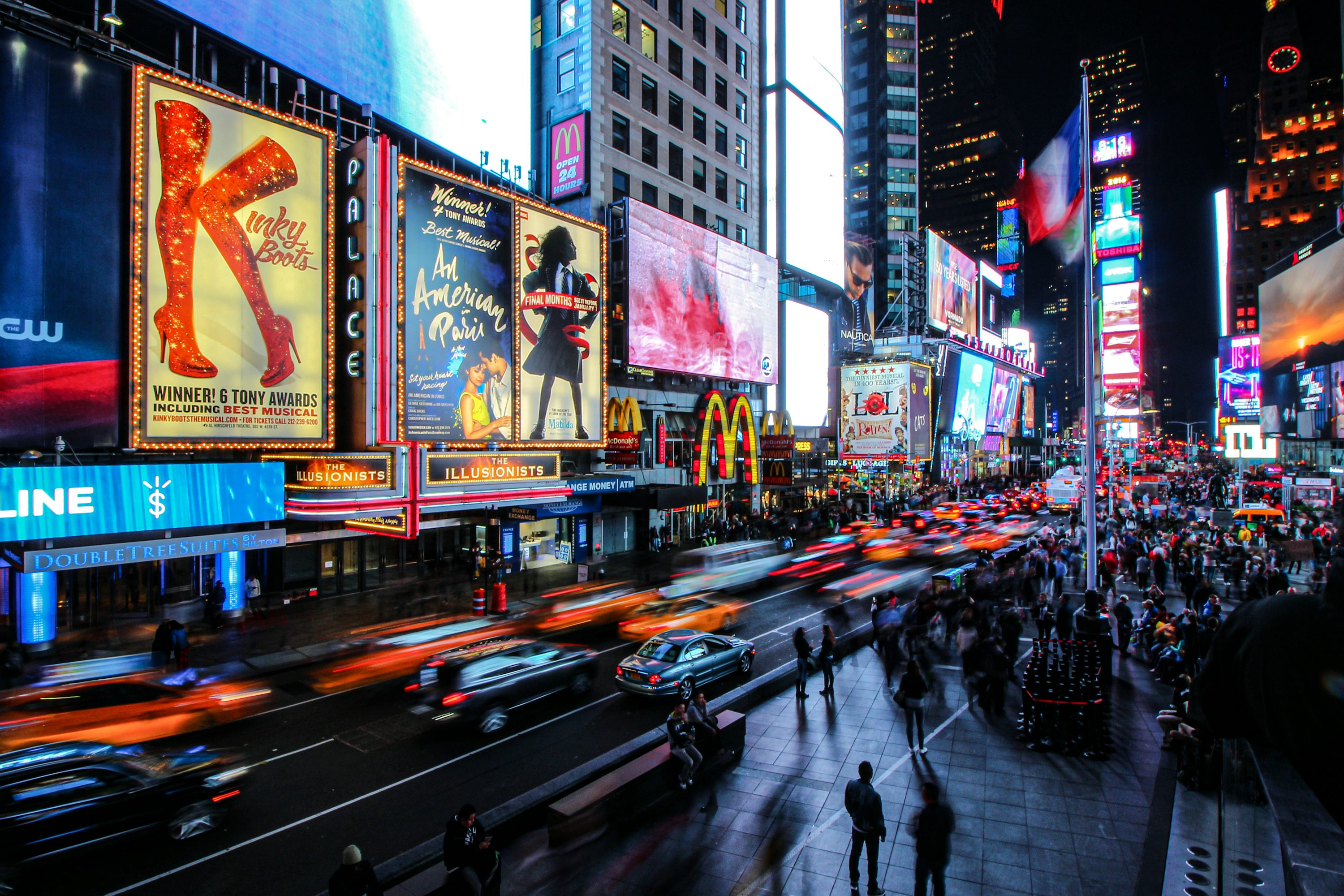This article is written by a student writer from the Her Campus at FSU chapter and does not reflect the views of Her Campus.
A few years ago, you’d open Instagram, scroll through your friends’ vacation photos, maybe like a few memes, and close the app. Simple! Now? You open Instagram to watch one reel, and suddenly you’re watching a makeup tutorial and Subway Surfers gameplay, and an oddly satisfying cake-cutting video all playing at once. Somehow, it’s been an hour with no stillness at all.
It’s not just entertainment anymore. It’s overstimulation.
Those split-screen videos, the “watch this while I tell a story” trend, and the constant jump cuts all feed the same cycle: shorter attention spans, less patience, and an itch for constant stimulation. I’ve noticed it in my own habits too. I’ll catch myself watching 15-second videos on 2x speed just so I can move on to the next one faster. My brain has become addicted to novelty.
And I’m not alone. Ask anyone around you and they’ll probably admit it: sitting through a two-minute video feels like a chore now.
The Algorithmic Trap
The issue isn’t just the content; it’s how the apps are built. Before 2020, you could finish scrolling. There was an end: you’d reach the last of your friends’ posts and log off. But now, algorithms never stop feeding you. Every swipe is a new dopamine hit, perfectly tailored to your interests. The better it knows you, the harder it is to stop.
What starts as “just five minutes” can quietly turn into two hours of doomscrolling. The worst part is, I never feel good after this. I just feel empty, scattered, and weirdly restless.
Tip #1: Delete (or hide) the Apps
It sounds extreme, but hear me out, it works. During my senior year of high school, I deleted Instagram completely. I was taking five APs and two dual-enrollment classes, and that semester I got straight A’s and fours or fives on all my exams. Nothing really changed except that my brain finally had space to think. Nothing was necessarily hijacking my attention.
Tip #2: Build a Routine Around Hobbies
A lot of people don’t realize how much social media kills creativity. We think we’re “inspired”, but really, we’re just consuming, not creating. The more time you spend scrolling, the less time you have for hobbies, and the harder it is to even start one.
Slowly building a daily routine with small, real-world habits helps retrain your brain. This includes reading at a certain time, cooking, journaling, going on walks, or even taking a nap at the same hour each day. The point isn’t productivity, it’s presence. The more consistent your routines become, the less your brain craves that instant hit of newness from your feed.
When you skip your routine, you’ll feel it. That’s your brain re-learning discipline.
Tip #3: Consume with Intention
You don’t have to delete every app to reclaim your focus. You could just start noticing how you’re using them. Try watching one video at a time, without background distractions. If you’re listening to a podcast, don’t scroll while it plays. Let yourself focus on one thing. It feels weird at first, but that’s kind of the point.
When you’re watching or listening to something, actually think about it. Try forming your own opinions; why does this person believe this? What do you think about it? What are they really trying to say? It’s a small shift, but it turns passive scrolling into active thinking, and that’s where real focus starts to come back.
I find that longer content helps too. I started watching more video essays and YouTube deep dives, such as history breakdowns, self-help topics, and random movie analyses. Unlike ten-second clips, these videos ask you to slow down and engage. It’s focus disguised as entertainment.
Platforms like YouTube can still be “social media,” but they work differently. You’re not mindlessly swiping, you’re engaging, reflecting, and actually processing what you’re watching. It’s a way to feed your brain instead of just numbing it.
The Bottom Line
Social media isn’t evil, but the way we use it has changed how our brains work. We’re multitasking when we don’t need to, consuming faster than we can think, and forgetting how to be bored.
Reclaiming your focus doesn’t mean rejecting the internet; it means remembering what it feels like to live offline, even for a little while. Focus doesn’t come from doing more, but from finally doing less.
Want to see more HCFSU? Be sure to follow us on Instagram, Twitter, TikTok, YouTube, and Pinterest!

.jpeg)
.jpg?mbid=social_retweet)































 English (US) ·
English (US) ·